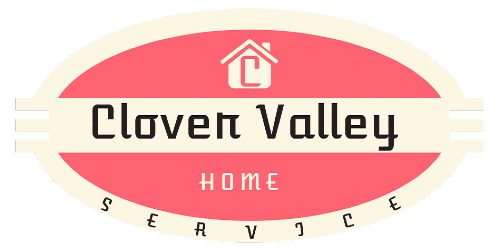Hardwood Floor Types
Solid Wood Flooring
Glue-down wood floors are directly adhered to the subfloor, commonly used for installing engineered wood over concrete or gypcrete, and for stability with wide plank flooring.
Solid flooring consists of a solid piece of wood milled from a single part of timber. These floors are generally 3/4" thick and come in widths ranging from 1.5" to 12". Due to their thickness, solid wood floors can be refinished multiple times over generations of use. They are typically nailed down to a plywood or OSB subfloor on or above grade. In certain cases, solid wood floors can be installed over radiant heating and concrete (with proper subfloor preparation).
Engineered Wood Flooring
Engineered hardwood is made from 3-10 layers of hardwood that are cross-stacked and bonded together under heat and pressure. As a result, engineered flooring is less affected by changes in humidity and avoids many common issues associated with solid floors, such as problems related to wide planks and temperature and humidity swings. Engineered wood floors can be purchased unfinished or prefinished. It is a common misconception that engineered floors are cheaper than unfinished ones. In reality, engineered wood floors often cost more than solid ones due to the additional steps in the manufacturing process. If an engineered floor is cheaper than its solid counterpart, it is likely a subpar product. Cutting costs on engineered floors could mean sacrificing the thickness of the product and the wear layer, which can prevent future refinishing and necessitate complete replacement when worn.
Unfinished Flooring
Unfinished flooring comes directly from the mill without any finish, stain, or sealer. These floors are sanded and finished on-site. Both solid and engineered wood floors are available unfinished. Most clients prefer unfinished flooring because it becomes a uniform, well-sealed surface. Additional benefits include unlimited color and finish options, easier future repairs (since the exact products used are known), better blending of moldings and vents, and improved spill resistance (since the entire surface is sealed). Unfinished wood floors are our specialty and preferred floor type due to their numerous benefits over prefinished floors. Educating potential clients about these benefits is a constant challenge because they often hear the opposite from other retailers and installers, who may lack the expensive equipment or knowledge required for proper floor finishing.
Prefinished Flooring
Prefinished flooring comes from the factory and is already stained, sealed, and finished. Both solid and engineered floors can come prefinished. These floors only need to be installed on-site and require no on-site sanding. Prefinished floors are generally more expensive to buy than unfinished floors, but the labor cost is lower since no on-site sanding or finishing is needed. The main benefit of prefinished floors is faster project completion compared to site-finished floors. However, prefinished floors are more difficult to refinish in the future due to the micro-bevel and the sealers and finishes used by manufacturers. They are also more susceptible to water damage in case of leaks, as water can seep into the bevels where the wood is not sealed.
Nail-Down
Nail-down wood floors are nailed down to the subfloor. This is the most common installation method for solid prefinished and unfinished hardwoods. Many engineered wood floors can also be installed using the nail-down method when the proper subflooring is in place.
Glue-Down
Glue-down wood floors are glued directly to the subfloor. This is the most common method for installing engineered wood floors over concrete or gypcrete. Glue-down is also often used in combination with nail-down when installing wide plank flooring of 5" or larger, as it helps with stability in wider planks.
Floating
Floating wood floors are installed without being attached to the subfloor. Instead, these floors are attached to themselves, typically by gluing together the tongue and groove of the flooring. Floating wood floors are most commonly installed in condos (where sound requirements exist), over concrete, or below grade (as the underlayment used under floating floors creates a moisture barrier). Floating floors are generally avoided when possible, as gluing or stapling is considered a better option.
Clover Valley Home Services is a licensed and insured service provider equipped to efficiently handle your floor planning and designing, tile installation, permitting and planning, and flooring installation and repair needs. Get in touch with our experts today!

